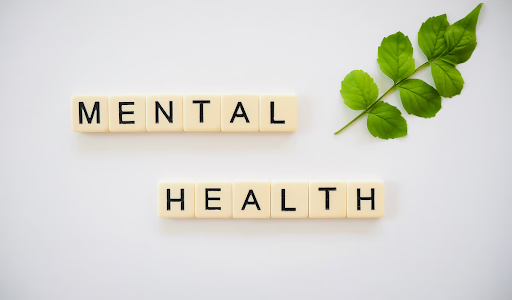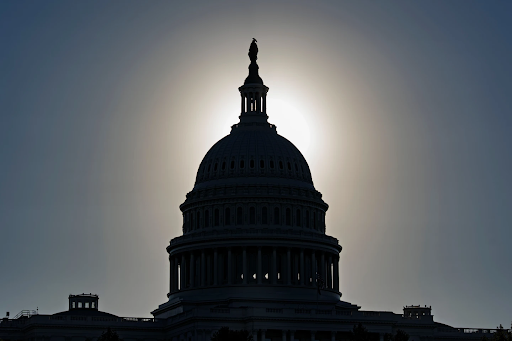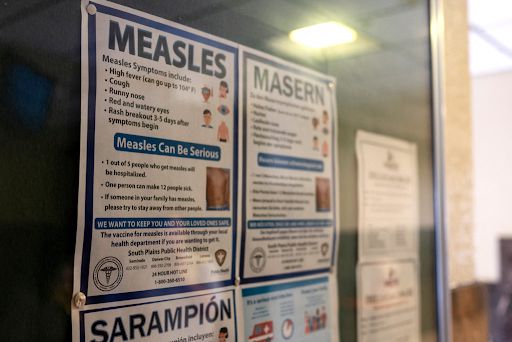The world’s mental health problem has been on a rapid rise over the last couple decades. No matter the cause, many people are experiencing struggles with their emotions and feelings. One large contributor to the mental health crisis is people’s occupations. Students in school and adults at jobs are experiencing large amounts of stress, which can cause them to experience depression, anxiety, and other mental health conditions. Mental health days are a growing solution to the mental health crisis.
The Mayo Clinic defines mental health days as “a limited time away from your usual responsibilities with the intention of recharging and rejuvenating your mental health.” Mental health days have become a popular concept due to them allowing people to take a break from everyday life and relax when needed. They also allow people to calm their mind and mental health, which can be hard to do in an eventful workplace or school environment. Some other effects of mental health days include improved physical health, increased productivity, improved attitude, reduction in feelings of loneliness, and better management of emotions.
Whilst mental health days are beneficial, they also have negative side effects. Counseling Reviews states that taking a mental health day to escape a big project or large assignment doesn’t support any mental help, since it only pushes the issue to a different date. Taking too many days can cause bad habits of taking days off, especially if mental health is used as an excuse rather than a real concern. For students, taking mental health days can cause classwork and homework to pile up if too many mental health days are taken in a certain period of time. Students and adults must be careful of how many mental health days they are taking, and how they may affect their long term life.
However, despite all the positive impacts of mental health days, not many states are taking advantage of them. According to Very Well Mind, as of April 2023, only 12 states allow mental health days in schools, and only eight states have bills proposed to allow mental health days in school. The other 30 don’t allow students to call out for any mental health-concerned issues. Luckily, the number of states allowing mental health days has rapidly grown, and it is expected to only continue to grow.
Mental health days are an extremely useful tool to those struggling with mental health. They have their pros and cons, yet their growth continues to be rapid in many places.














